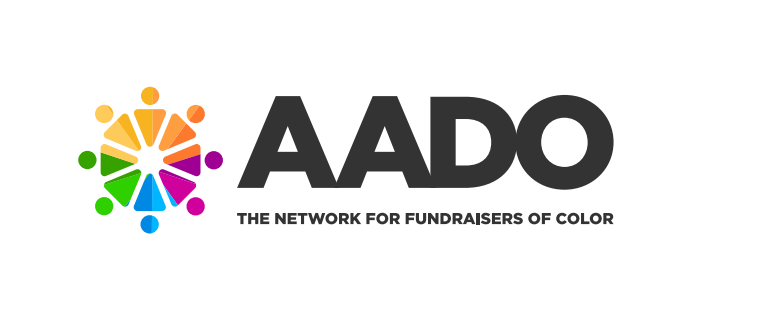Juanita Sheppard
Life is a journey of experiences for Juanita. Growing up in New Orleans as a first-generation college student, Juanita was without role models and mentors to lead the way so she crafted her own path. A former admissions counselor at Tulane Law, an ordained minister, and a mother of two, Juanita has used these experiences to paint herself a world without boundaries. Today, she serves as the Assistant Director of Corporate and Foundation Relations at Emory University (Atlanta, GA).
You have $100M to give to one non-profit or cause what would it be?
That’s a fairly easy one for me. It would be the American Sickle Cell Anemia Association. As long as I can remember, I always thought I would be the person to cure sickle cell anemia. I went to college and took a genetics class, which I hated, and realized this is probably not the way this going to get cured by me! I had a very close friend who suffered from this his entire life and other friends as well so it continues to be an area of interest for me. There’s some money being poured into it but not enough to give serious research to it.
How do you explain your profession to your family and friends?
My standard answer is that I work at a university supporting schools and units that teach, research, and innovate. I try to explain that I do fundraising for research, first-generation students, and for support of those who would not have an opportunity to attend a university like Emory. As for fundraising, I never look at it as “I am raising dollars” but that I am raising hope. I may not be able to cure sickle cell anemia myself but I might have the opportunity to raise money for a researcher who could go on to do just that.
When you were a kid what did you want to be when you grew up?
Because I grew up so poor, I didn’t have a lot of role models per se. I had a very traumatic childhood so I poured all my energy into my schooling and was very fairly successful. I don’t think I even started thinking about something like that until I got to high school. That’s about the time I started thinking about curing sickle cell anemia.
As a person of color, what has been your biggest obstacle in the field of development?
For me, I would say the biggest obstacle is actually in my head. First, I have to tell myself that I am worthy to be at the table where I am sitting. Second, I have to find ways to navigate around being “the only” [person of color]. When I am sitting in a room with 60 other development officers and staff, and I am the only one of color (until recently), it used to play with my head. I’ve had to learn not to put myself in the box of being “the only”, that there has to be commonality I share with the group even if my skin color isn’t the same. I’ve had to be intentional about having conversations with people to find if we share interests like women who are passionate about certainly women’s issues the way I am or finding people who are interested in exploring faiths. It allows for people to look at each other as humans and not just a racial profile.
If you can go back to the time when you were 18 years-old and you have all the knowledge about life as you do now, what would you tell your 18 year-old self?
I would tell myself, “Do not allow your present condition to warp your perception of the world.” I would also tell myself to go for it. I think the environment I grew up in didn’t allow me to have a vision. It wasn’t until I got the job at Tulane as an admissions counselor and I had the chance to travel the world to see something different. I didn’t know how to have vision or see something outside of my own environment.
What is one thing about yourself that your colleagues at Emory do not know?
Oh I share so much. They know I am aspiring to be a BBQ judge! They know I am an ordained minister and that I like hiking. But, I do love line dancing. That’s something they don’t know! If you’d put on the Cupid Shuffle or Chuck Baby they’d definitely know something more about me.

